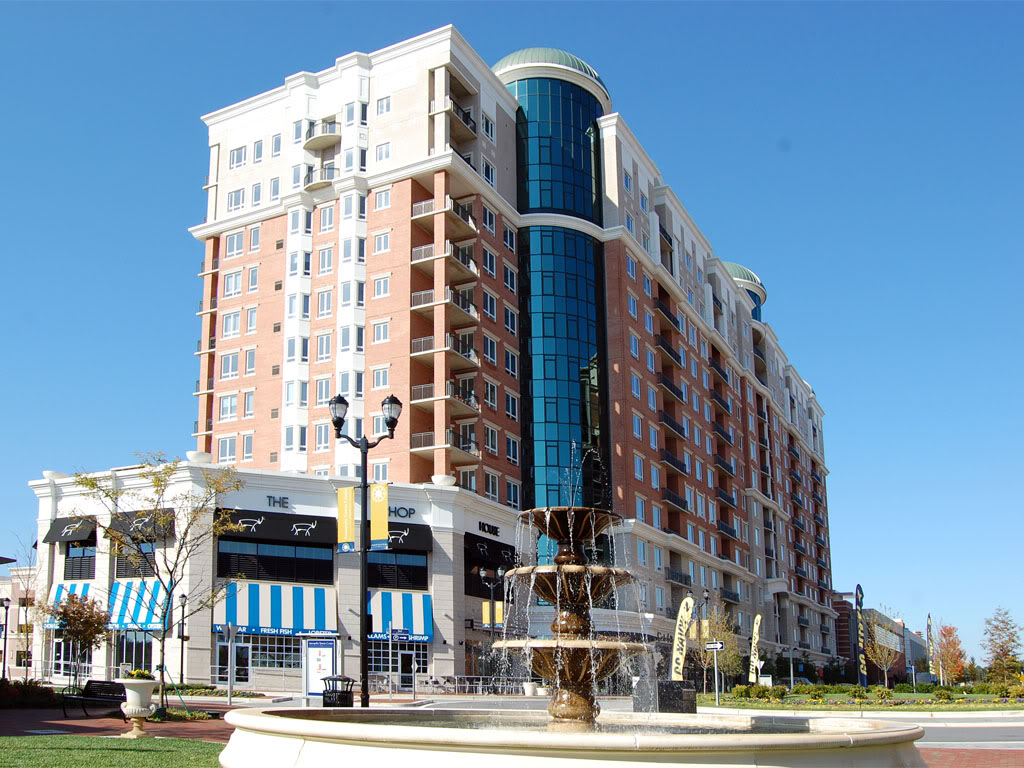If you are not buying property in Thailand then you do have the option of renting property and signing either a long term lease agreement or agreeing to a short term verbal agreement. Many people do buy property in Thailand as an investment and with this investment property in Thailand they normally place into the rental market so that it pays for its upkeep while the owner sits in his home country waiting on retirement. Its an excellent investment which not only covers its maintenance cost but also puts money back into the owners pocket for further property investments in the Thai property market.

Since foreigners cannot own land in Thailand directly, most simply opt to either buy a condo unit or they rent property. Over the years many expats have settled in Pattaya and with this has come many new high and middle income condo units. Many rent on a monthly bases for the low to middle income condo units while the high end units tend to be long term written agreements which needs to be registered against the title deed of the property. In the event of the death of the owner your long term lease agreement will still be binding on the new owner of the property.
Bangkok has seen an increase in property developments however only close to the new and expanding mass transit system. These units have seen an increase at times double what their monthly rental used to be. This is mainly your middle class Thais who rent these property units. When it comes to rentals, Pattaya is still much bigger than Bangkok when it comes to lease agreements involving foreigners. In Thailand you are legally allowed to rent for 30 years only. This is the maximum allowed by law however if you are going to make improvements to the property yourself you can have back-to-back lease agreements. Unlike other countries in Asia who have 99 year lease agreements Thailand currently does not allow for this. For low end properties in Thailand most agreements are verbal and run month-to-month with a 1 or 2 month security deposit.
If you are looking at renting property in Thailand long-term then speak to a property lawyer first. Allow the attorney to view the agreement to ensure that it is balanced and fair and that you do not have issues with litigation later. In Thailand it is much better to try solving any issues on day one than to go through the courts system as it is time consuming and lengthy.



1 COMMENT